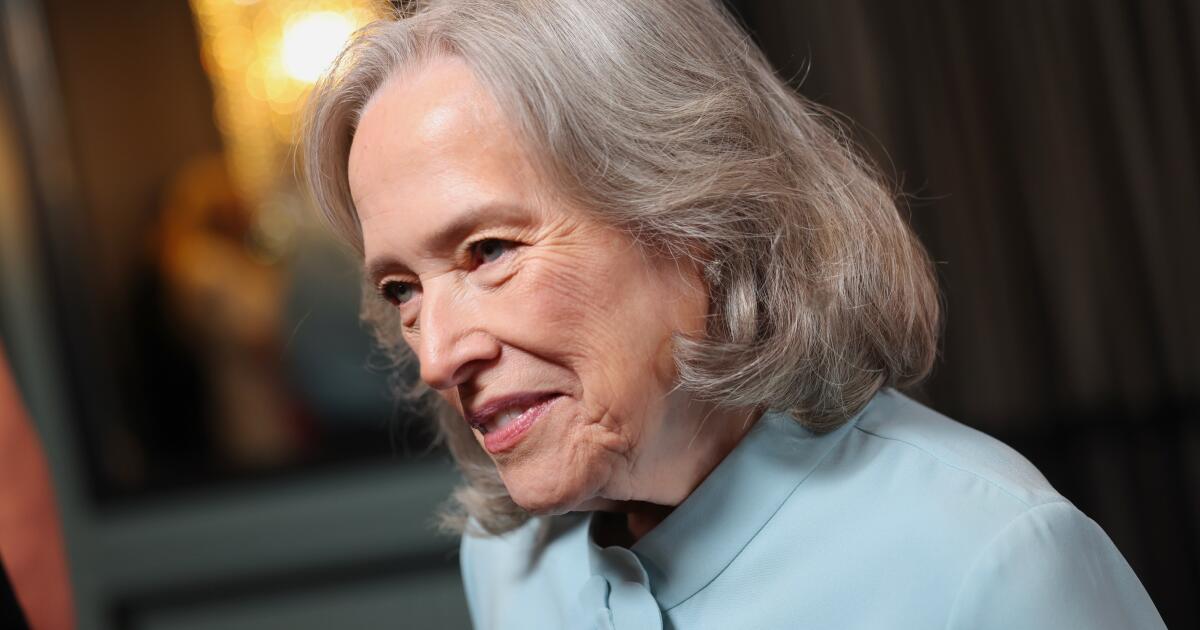The journey of surviving cancer often extends beyond treatment, as many patients face ongoing health issues. Kathy Bates, an Academy Award-winning actress and two-time cancer survivor, emphasizes the need for greater awareness of lymphedema, a chronic condition that affects millions. Following her own battle with breast and ovarian cancer, Bates developed lymphedema, highlighting the importance of patient education and proactive care.
Lymphedema, which arises when the lymphatic system is damaged—often as a side effect of cancer treatments—affects more than 10 million individuals in the United States alone. This figure surpasses the combined total of those living with multiple sclerosis, muscular dystrophy, ALS, Parkinson’s disease, and AIDS. For breast cancer patients, the risk is particularly alarming; research indicates that up to 20% may develop lymphedema post-surgery or radiation.
Bates advocates for candid discussions between patients and healthcare providers regarding the risks associated with lymph node removal. Following her surgery, in which 19 lymph nodes were removed, she became aware of the substantial consequences of her treatment. “The cost of that cure is a lifelong, incurable disease,” Bates asserted. She emphasizes that there is no known cure for lymphedema, and treatment options remain limited, often leaving patients without adequate support.
The educational gap regarding lymphedema is significant. A report indicates that U.S. medical schools devote less than 30 minutes to the lymphatic system over four years of training. This lack of knowledge contributes to the misdiagnosis and misunderstanding of the condition, resulting in many patients suffering for years without proper guidance.
Bates’ commitment to raising awareness reached Capitol Hill in 2019, where she urged lawmakers to fund research into this overlooked disease. Her advocacy efforts were instrumental in establishing the first-ever National Commission on Lymphatic Diseases, aimed at enhancing understanding and improving care for patients. Progress has been made, but funding for lymphedema research still lags behind that of other conditions, despite its prevalence.
In her advocacy, Bates offers actionable advice for cancer patients to mitigate the risks of lymphedema. She encourages patients to have open conversations with their healthcare providers about their individual risk factors, including the type of surgery performed and the number of lymph nodes removed. Understanding these risks empowers patients to take steps to protect their health, such as undergoing bioimpedance measurements to monitor lymphatic flow.
Additionally, Bates stresses the importance of viewing prevention as an integral part of the treatment plan rather than an afterthought. Regular physical activity, a balanced diet, and early intervention can significantly reduce the likelihood of developing lymphedema. She warns against dismissing early warning signs, which may include feelings of heaviness, tightness, or swelling. Early detection is crucial, as timely intervention can prevent the condition from worsening.
Access to specialized care is another critical element in managing lymphedema. Bates encourages patients to seek out lymphedema specialists and certified therapists who can provide tailored strategies and support. The right expertise can be transformative for those navigating this chronic condition.
As October marks Breast Cancer Awareness Month, Bates urges the public to remember the invisible battles many cancer survivors face with lymphedema. She calls for increased awareness, urging individuals to ask the right questions, share resources, and advocate for greater understanding and action. By doing so, the narrative surrounding cancer survival can shift to include the realities of living with lymphedema, ensuring that patients receive the care and attention they deserve.
